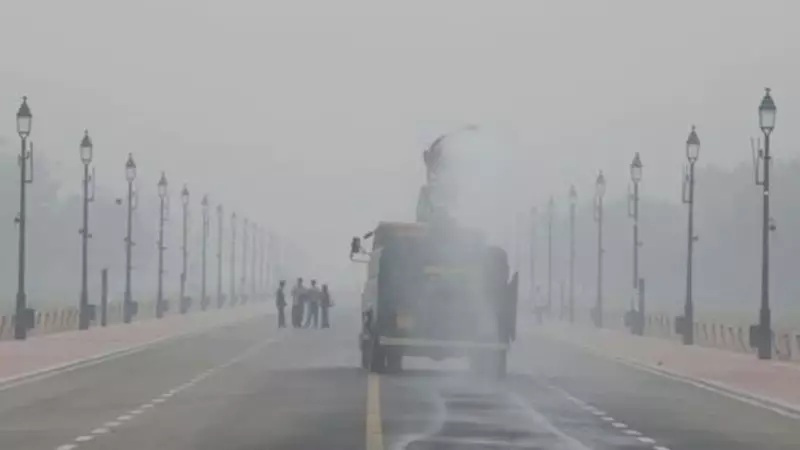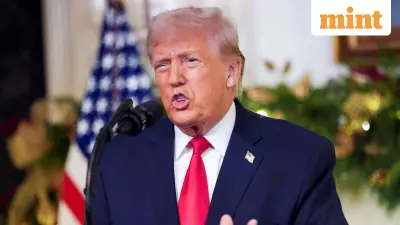
The Supreme Court of India has taken a firm stance against Delhi's perennial air pollution crisis, directing pointed questions at the country's top environmental watchdogs. The bench sought concrete answers about the action plan to protect citizens from the toxic haze that envelops the national capital each winter.
Judicial Scrutiny Intensifies
During a recent hearing, the apex court expressed growing impatience with the recurring environmental emergency. "What is the plan?" the bench demanded from the Central Pollution Control Board (CPCB) and Commission for Air Quality Management (CAQM), emphasizing the need for proactive measures rather than reactive responses.
The Annual Winter Challenge
Delhi faces what has become an annual public health catastrophe as winter approaches. The combination of meteorological conditions and increased pollution sources creates a toxic cocktail that affects millions of residents. The court's intervention comes at a crucial time, just before the onset of the peak pollution season.
Key Concerns Raised
- Preventive Strategy: The court emphasized the need for advance planning rather than last-minute emergency measures
- Implementation Gaps: Questions were raised about the effectiveness of existing pollution control mechanisms
- Public Health Priority: The bench highlighted the fundamental right of citizens to breathe clean air
- Accountability: Regulatory bodies were asked to demonstrate concrete action plans with clear timelines
Beyond Emergency Responses
The judicial scrutiny signals a significant shift from treating air pollution as a seasonal crisis to addressing it as a year-round governance challenge. The court's questions suggest impatience with temporary solutions like the Graded Response Action Plan (GRAP) and demand more sustainable, long-term strategies.
This development marks a crucial moment in India's environmental governance, where the judiciary is pushing for greater accountability and effectiveness in the fight against air pollution. The responses from pollution control authorities in the coming weeks will determine the trajectory of Delhi's winter air quality management.





